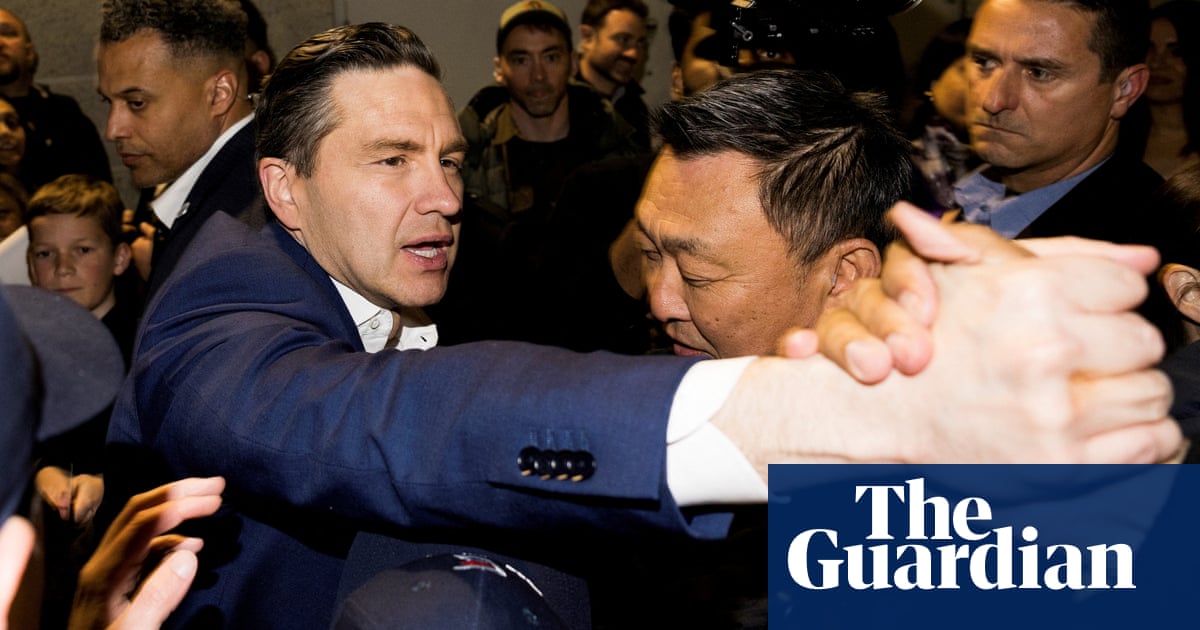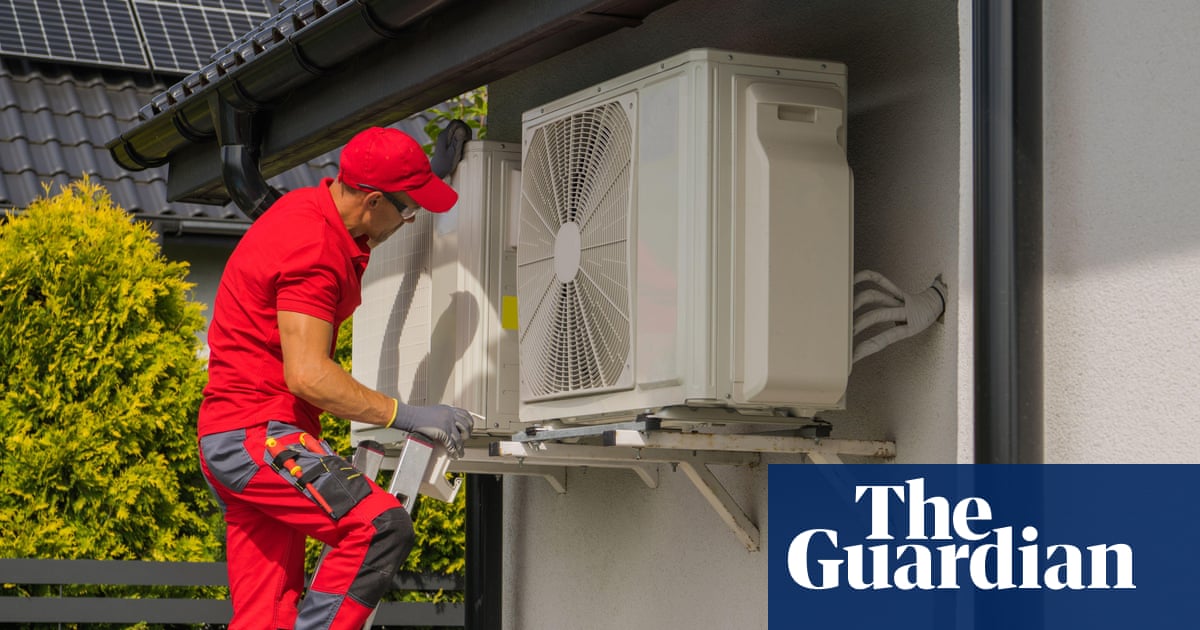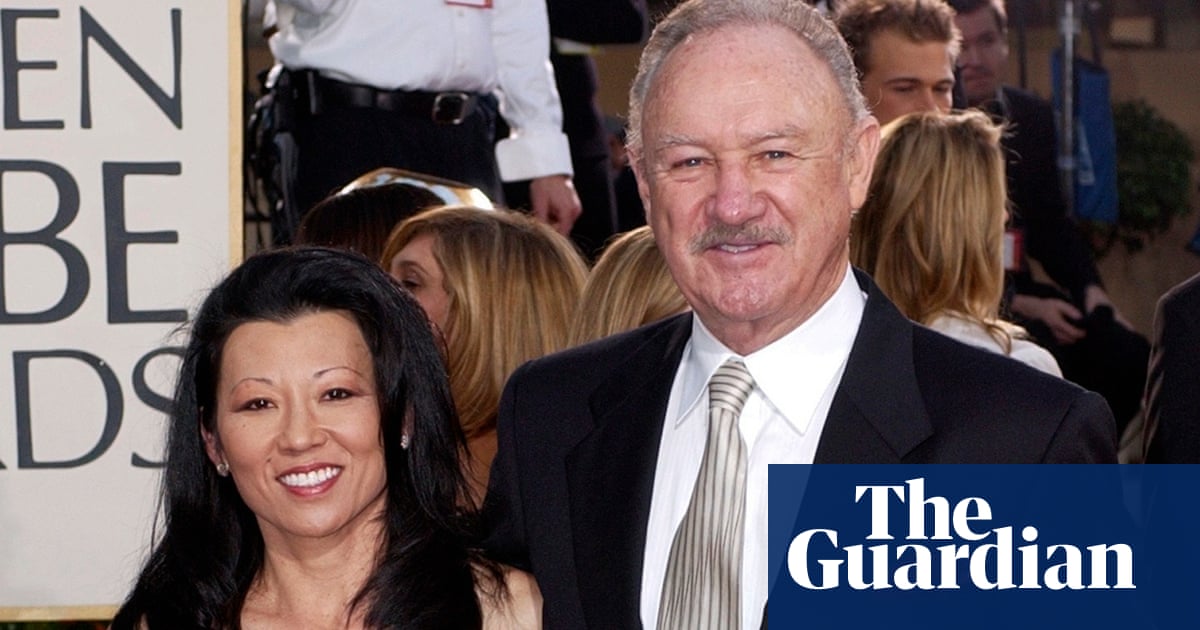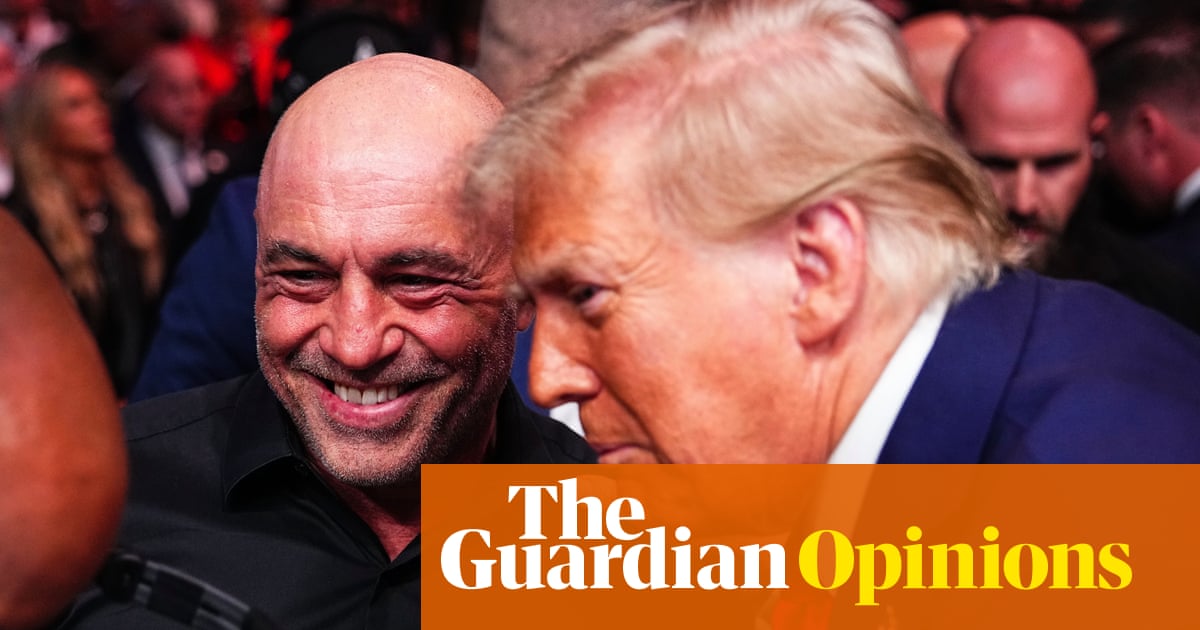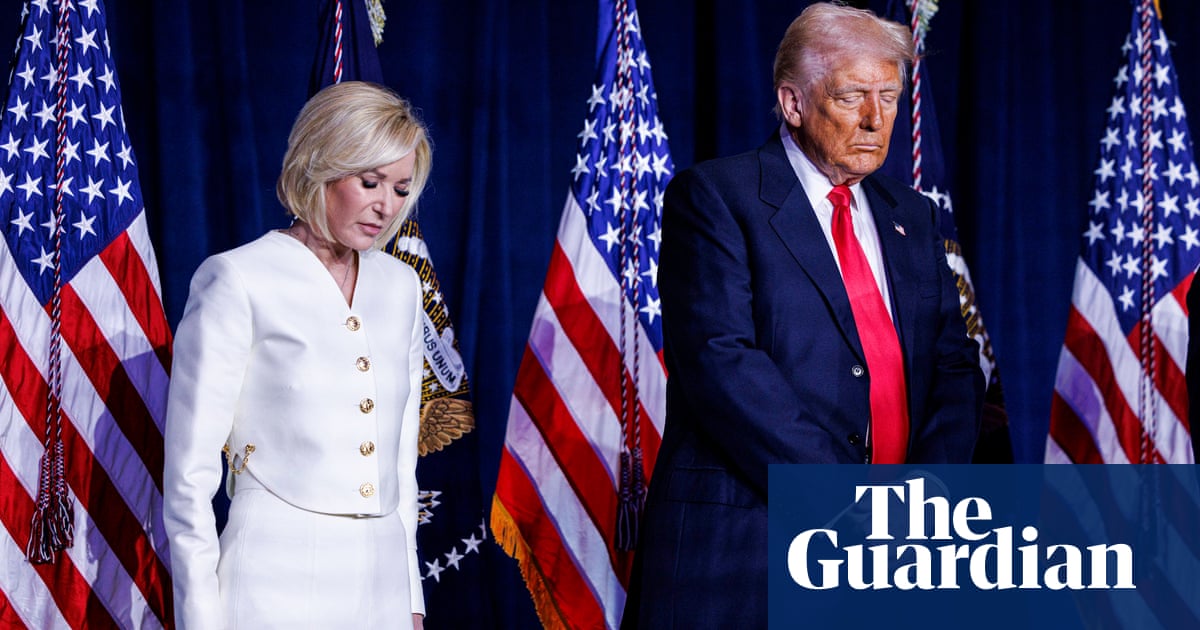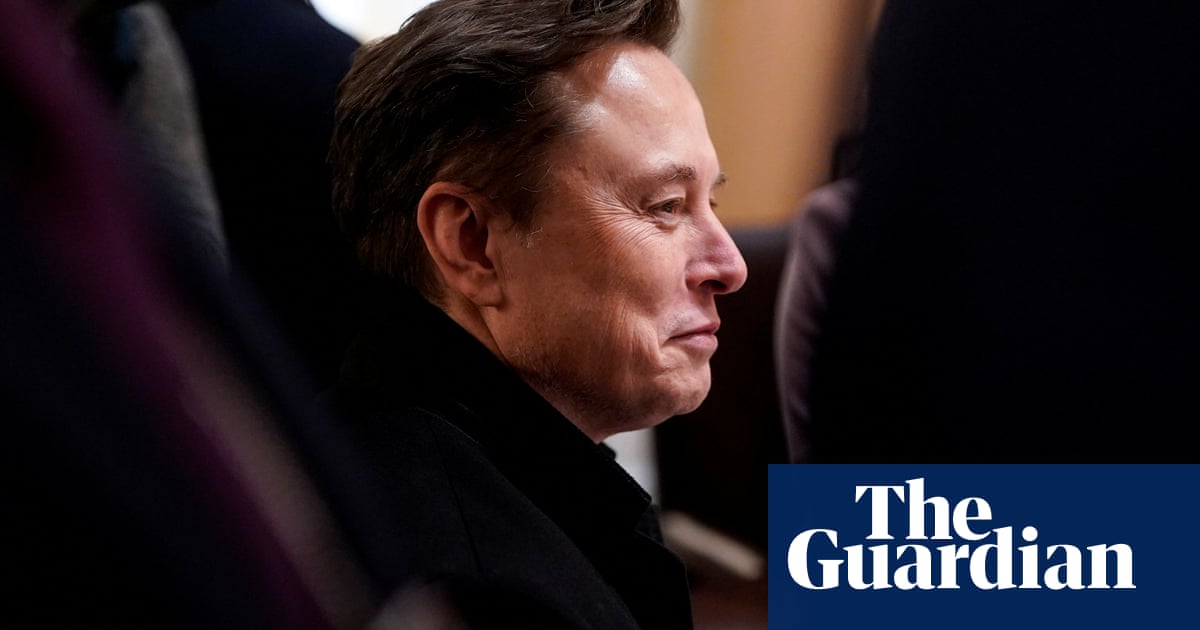The US needs to “stop whining” about being a victim after “taking a free ride on the globalisation train”, China’s official state media has said, as the trade war between the two countries continued to spiral.
Last week’s tit-for-tat tariff hikes appear to have paused, but the conflict between the two biggest economies is showing no signs of letting up.
On Tuesday evening China Daily, the ruling Chinese Communist party’s (CCP) English-language mouthpiece, published an editorial saying Donald Trump’s frequent claims of the US being “ripped off” were “hoodwinking the US public”.
“The US is not getting ripped off by anybody,” it said. “The problem is the US has been living beyond its means for decades. It consumes more than it produces. It has outsourced its manufacturing and borrowed money in order to have a higher standard of living than it’s entitled to based on its productivity. Rather than being ‘cheated’, the US has been taking a free ride on the globalisation train.”
It added, “The US should stop whining about itself being a victim in global trade and put an end to its capricious and destructive behaviour.”
The CCP has refused to capitulate to Trump’s demands to come to the table and renegotiate their terms of trade.
In a statement delivered by the White House spokesperson Karoline Leavitt, Trump said on Tuesday “the ball is in China’s court”.
“China needs to make a deal with us. We don’t have to make a deal with them,” the statement said. “There’s no difference between China and any other country except they are much larger.”
Analysts and officials expect the trade war to have significant impact on both economies – China was already struggling to rebound since the pandemic with low consumer spending and high youth unemployment.
On Wednesday, Beijing announced better-than-expected economic figures, driven in large part by exporters rushing to move products to the US before the tariffs came into effect.
China’s national bureau of statistics said the economy grew 5.4% in the first quarter, above analyst predictions. Sheng Laiyun, a senior official at the statistics bureau, warned however that the US tariffs “will put certain pressures on our country’s foreign trade and economy”.
China’s leader, Xi Jinping, is now visiting several Asian nations, on a trip that, although planned before the tariff war, has served to boost Beijing’s public and private efforts strengthen trading relationships with other countries.
“China would be willing to partner with Malaysia and other Asean countries, following the trend of peace and the development of history, fend off the undercurrent of geopolitics and tribalism, break the unilateralism and protectionism, and create high-level strategic alliance between China and Malaysia that leads to a close community of common destiny,” Xi said in an editorial published ahead of his arrival in Malaysia on Wednesday.
While tariff rises appear to have paused at 145% on Chinese imports to the US and 125% on US imports to China, the two governments are finding other ways to raise the stakes.
China has reportedly ordered its airlines to pause purchases of aircraft-related equipment and parts from American companies, including Boeing. It was also reportedly considering ways to support airlines that lease Boeing jets and are facing higher costs.
About 10 Boeing 737 Max jets are being prepared to join Chinese airlines, and if delivery paperwork and payment on some of them were completed before Chinese “reciprocal” tariffs came into effect, the planes may be allowed to enter the country, sources told Bloomberg.
On Wednesday the Hong Kong postal service announced it would stop accepting US-bound packages. When sending items to the US, people in Hong Kong “should be prepared to pay exorbitant and unreasonable fees due to the US’s unreasonable and bullying acts”, Hong Kong Post said in a statement. Other postal items containing documents only, without goods, would not be affected.
Hong Kong is subject to the same tariffs as mainland China, although has not imposed any retaliatory tariffs of its own.
Meanwhile, Trump has announced an inquiry into further tariffs on pharmaceuticals and semiconductors – which would affect many of the US’s trading partners – and ordered a probe that may result in tariffs on critical minerals, rare-earth metals and associated products such as smartphones.
China dominates global supply chains for rare metals and has imposed export controls on several rare earth elements since the trade war with the US erupted.
Additional research by Jason Tzu Kuan Lu

.png) 8 hours ago
4
8 hours ago
4






